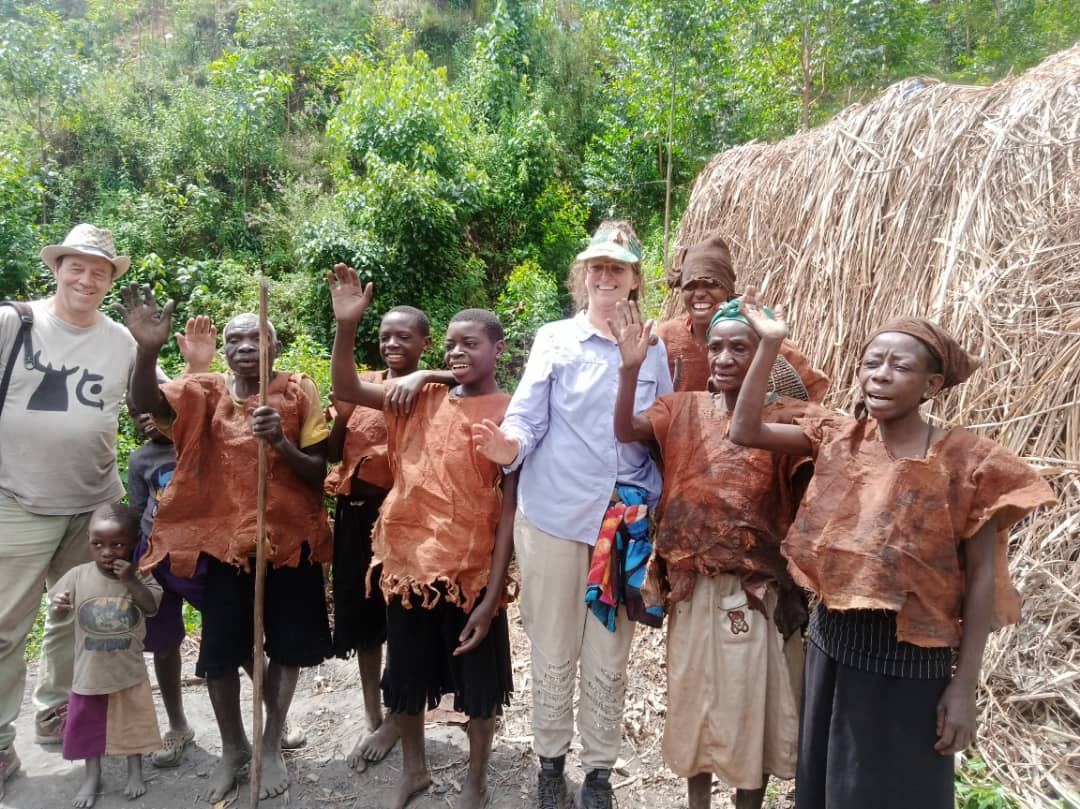The Batwa People: A Fascinating Glimpse into Their Culture and Way of Life
Hidden deep within the lush rainforests of Central Africa resides a remarkable group of people known as the Batwa. These unique individuals, sometimes called Pygmies, have a culture that’s captured the curiosity of the world for generations. In this article, we’ll embark on a journey to uncover the Batwa’s customs, daily life, and their ongoing mission to preserve their heritage.
Who Are the Batwa?
The Batwa, or Pygmies, are an indigenous group native to the tropical rainforests of Central Africa. They call countries like Uganda, Rwanda, and the Democratic Republic of Congo (DRC) home. These people have their own special language, customs, and lifestyle that sets them apart from others.
Living in Harmony with Nature
- Hunter-Gatherer Traditions: In the past, the Batwa led a nomadic life, relying on their skills as hunters and gatherers. They hunted small game, picked wild fruits, and collected edible plants from the forest. Their deep knowledge of the forest’s resources was crucial for their survival.
- Clever Shelter Building: The Batwa made temporary homes they called “windbreakers” using forest materials like leaves, branches, and bark. These huts were easy to put up and take down, showing their resourcefulness.
- The Joy of Music and Dance: Music and dance are a big part of Batwa culture. They create music using instruments like the bow harp and drums, while their lively dances tell stories and are part of their rituals and celebrations.
The Beauty of Batwa Culture
- Spiritual Beliefs: The Batwa have strong spiritual beliefs connected to the forest they live in. They honor many spirits and gods, each linked to things like trees, rivers, and animals. Special ceremonies are held to show respect to these spirits.
- Oral Traditions: Just like many other indigenous groups, the Batwa pass down their knowledge and stories through spoken word. They have captivating tales, legends, and myths that are shared across generations.
Challenges Faced by the Batwa People
Despite their incredible culture, the Batwa face various challenges today:
- Land Troubles: Their ancestral lands have been affected by activities like logging, farming, and conservation efforts. This has led to the displacement of Batwa communities and threatens their way of life.
- Tough Times: The Batwa often experience discrimination and are marginalized, making it tough for them to access important things like education, healthcare, and jobs. Poverty and social inequality persist in their communities.
Efforts to Preserve Culture and Make Change
Numerous groups and governments are working hard to help the Batwa deal with their challenges while respecting their culture:
- Land Rights: Advocacy groups are fighting for land rights for the Batwa, trying to make sure they can still use their ancestral lands and the resources they provide.
- Cultural Celebrations: Cultural centers and projects are being set up to honor and safeguard Batwa traditions. These places help educate people about Batwa culture and provide income through tourism.
- Empowering Initiatives: Various non-profit organizations are running programs to improve the lives of the Batwa. These programs include access to healthcare, education, and training for new skills.
Conclusion
The Batwa people, with their deep connection to the Central African forests, offer a captivating view into a world of tradition, spirituality, and resilience. As they navigate the challenges of the modern world, supporting their efforts to preserve their culture is vital. By understanding and standing with the Batwa, we not only help protect their unique way of life but also contribute to safeguarding the natural world they call home. Join us in celebrating the rich and vibrant culture of the Batwa, ensuring it lives on for generations to come.

